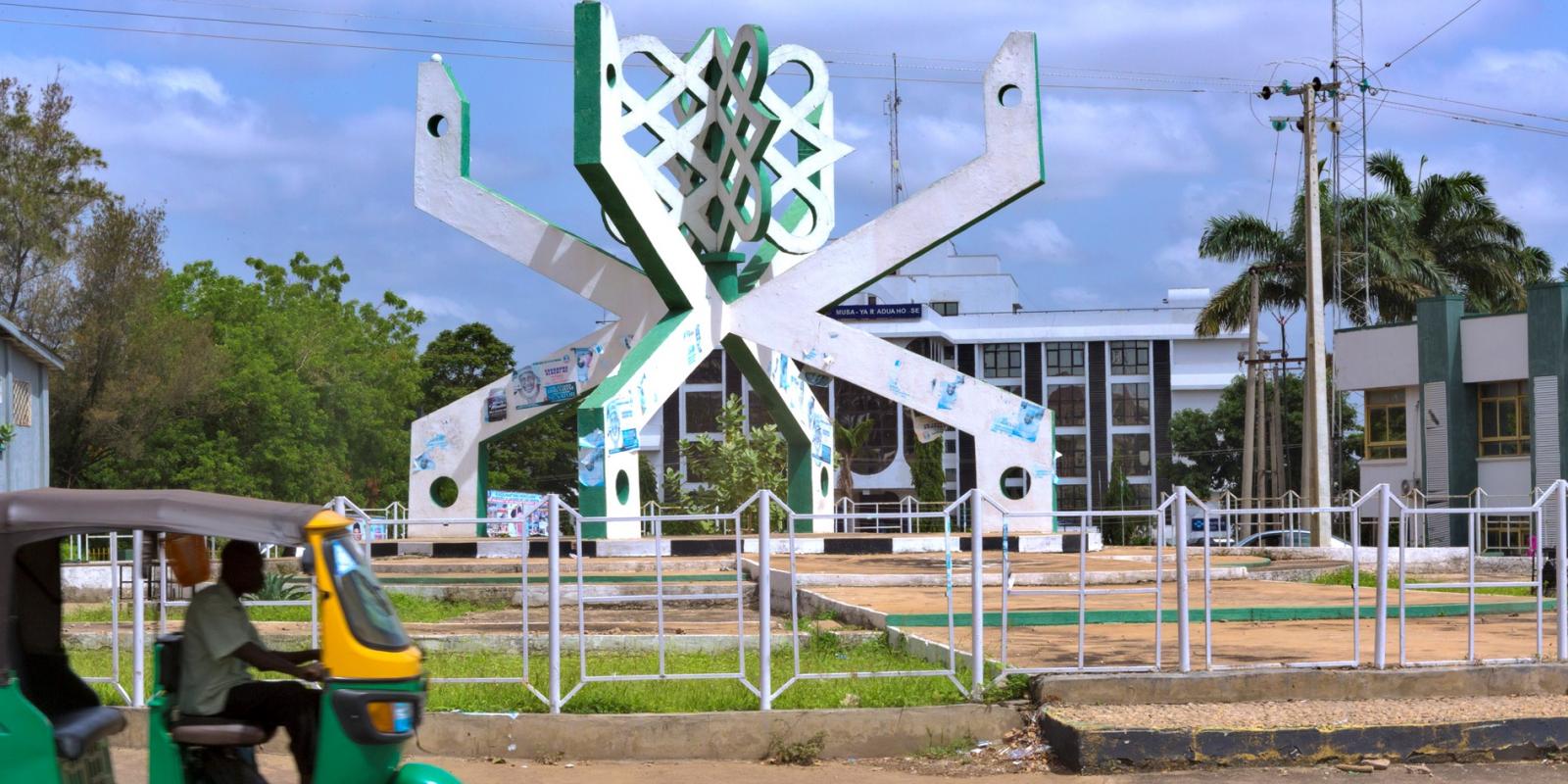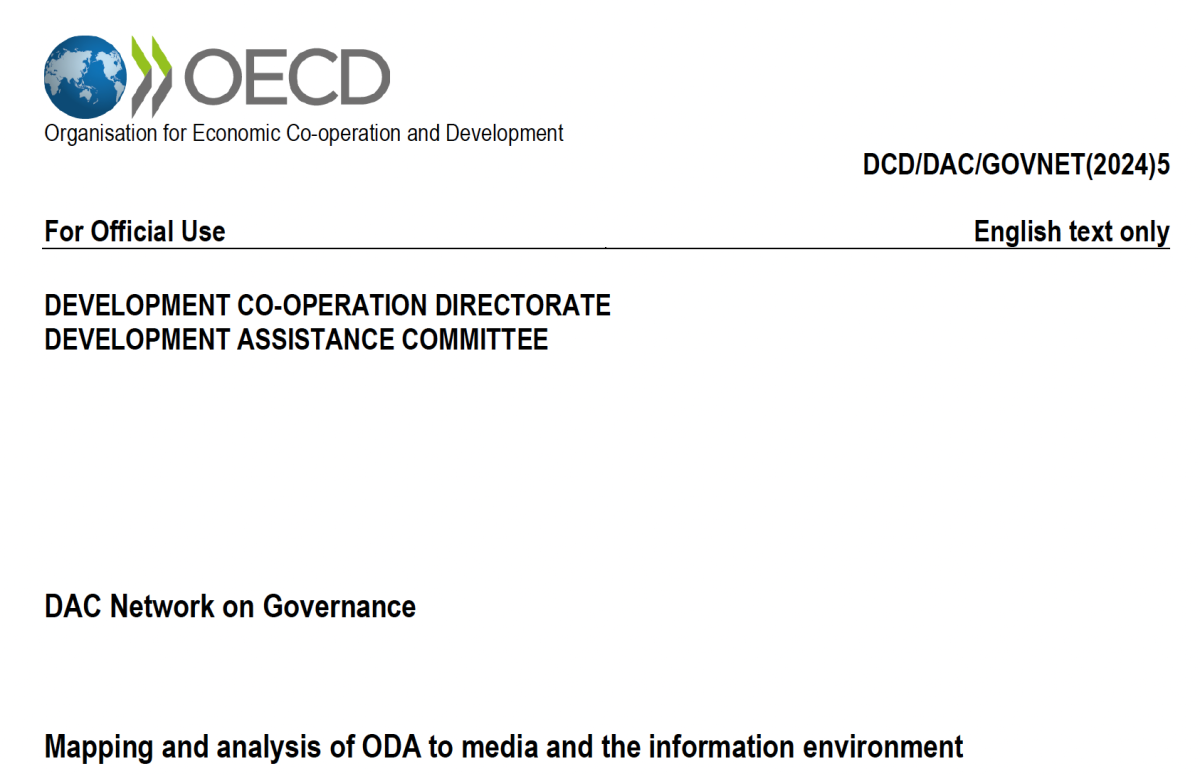
Twenty years of UK governance programmes in Nigeria - full report
Laure-Hélène Piron and Gareth Williams, TPP Directors, as part of the Partnership to Engage, Reform and Learn (PERL), have co-authored this flagship report analysing 20 years of governance programmes in Nigeria funded by the British Government.
This research identifies the contextual factors and causal mechanisms that explain how UK governance interventions contributed to improving governance, health and education outcomes by influencing the ‘service delivery chain’ that connects the Nigerian federal, state and local governments to frontline service providers (e.g. primary schools, local health facilities) and to users of health and education services.
The report shares findings of an unprecedented research into how the UK government partnered with four Northern Nigerian States (Jigawa, Kaduna, Kano and Yobe) and worked with government officials, parliaments, civil society and the media to reform how policies and budgets are prepared and implemented. The report puts forward 15 recommendations to governments, development agencies, civil society and other practitioners to improve governance and development programmes.
For more information on research, and upcoming webinars, please visit this project page.
Political economy analysis for climate action - new course launched starting October 2024
The Policy Practice is delighted to be re-running the popular online course on Political Economy Analysis for Climate Action. This course explains how political economy analysis can be used to understand the challenge of action on climate change and to design more effective interventions. The course will consist of eight, 2-hour online sessions from 4 October to 12 November 2024. For more information and to register please click below or see our flyer here.
The political economy of energy transitions in Ghana, Zambia and Vietnam - Policy Brief 17
Written by Sam Bickersteth with Neil McCulloch and Meron Tesfamichael, this policy brief draws out some of the common constraints hindering the energy transition in Ghana, Zambia, and Vietnam and many other countries in the Global South. It also shows how political economy analysis can help to identify politically feasible pathways of change in each country demonstrating the importance of such analysis as an essential tool to understand energy transition.
Media support: aid funding does not match donor rhetoric
Laure-Hélène Piron (TPP Director) presented her analysis of official development assistance to media and the information environment to the Governance Network of the OECD Development Assistance Committee on 6 March 2024.
The draft report shows that the rhetoric of governments which support freedom of expression and condemn disinformation is not matched by sufficient funding. And too little directly goes to local media organisations.



